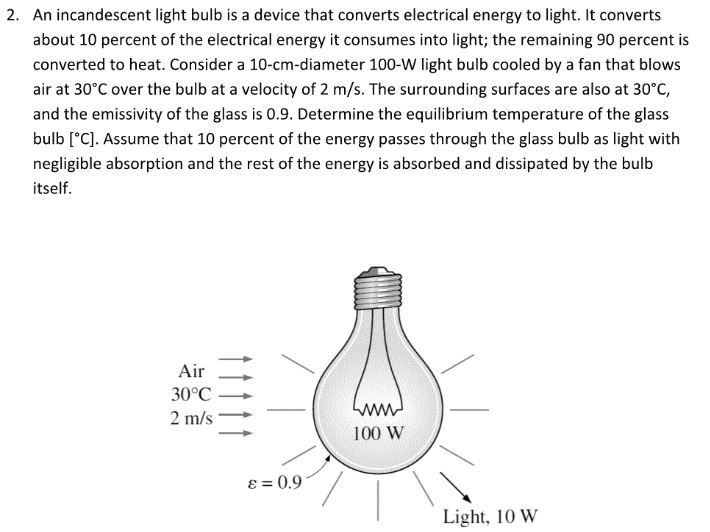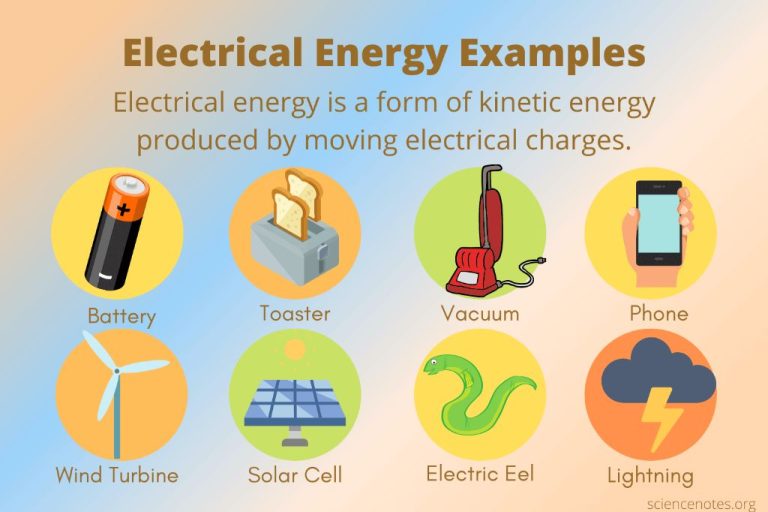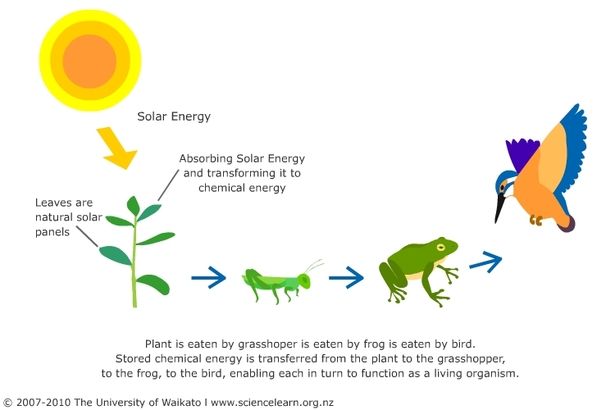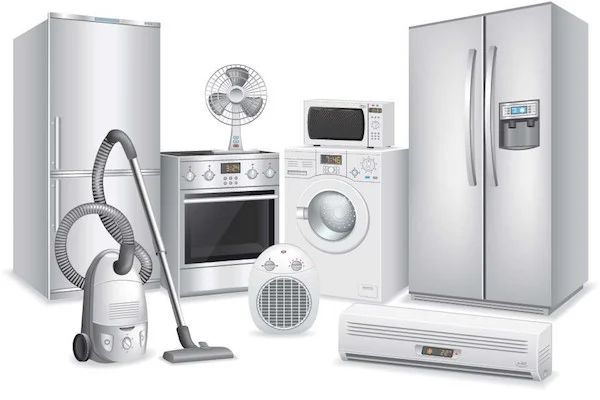How Do You Explain Watt Hours?
A watt hour is a unit of energy that measures power consumption over time. Specifically, a watt hour is equal to the energy used by a device that draws 1 watt of power for 1 hour.
Watt hours allow us to quantify how much electrical or battery energy a device uses. For example, a 60 watt light bulb running for 1 hour consumes 60 watt hours of energy. As a unit of energy, watt hours can also be converted to other energy units like kilowatt hours or British Thermal Units (BTUs).
Understanding watt hours is useful for calculating electric bills, rating batteries, estimating power consumption, and more. This article will explain what watt hours are, how they are calculated, and their common applications.
Watts vs Watt Hours
Watts and watt hours are two related but distinct units of measurement. The key difference between them is that a watt is a unit of power, while a watt hour is a unit of energy.
A watt (symbol: W) measures the rate of energy consumption or production. For example, a 100-watt light bulb consumes energy at a rate of 100 watts. If you leave that light bulb on for one hour, it will consume 100 watt hours of energy.
A watt hour (symbol: Wh) is a unit of energy equivalent to one watt of power sustained for one hour. One watt hour is equal to 3,600 joules of energy. Watt hours measure energy consumption or production over time, while watts measure instantaneous power.
In summary, a 100-watt light bulb uses 100 watts of power. If that bulb is left on for one hour, it consumes 100 watt hours of energy. Watts measure power while watt hours measure energy consumption over time.
Calculating Watt Hours
The formula for calculating watt hours (Wh) is simple:
Watt Hours = Watts x Hours
To calculate watt hours, you simply multiply the watts of power by the number of hours that power is used. For example:
If a 100 watt light bulb is left on for 5 hours, the energy used is:
100 watts x 5 hours = 500 watt hours
Watt hours are a way to measure an amount of energy over time. If you know the wattage of an appliance and how many hours it runs, you can easily calculate the total energy used in watt hours. This standard unit is commonly used for billing electricity usage.
Watt Hour Examples
Here are some examples of calculating watt hours in different scenarios:
Light bulb: A 60W light bulb running for 5 hours would use 60 x 5 = 300 watt hours.
Electric oven: An electric oven that draws 2500W running for 1 hour would use 2500 x 1 = 2500 watt hours.
Battery capacity: A 12V car battery with a capacity of 60Ah (amp hours) would equal 12 x 60 = 720 watt hours.
Kilowatt hour: Running a 1000W microwave for 2 hours would be 1000 x 2 = 2000 watt hours, or 2 kilowatt hours.
Monthly energy usage: A refrigerator that uses 300W continuously for 30 days (720 hours) would use 300 x 720 = 216,000 watt hours per month.
Charging devices: Charging a phone with a 10Wh battery at 5V 2A for 1 hour delivers 10 watt hours of energy.
Watt Hours and Electricity
Watt hours are commonly used to measure electricity consumption. Electricity bills are based on the number of kilowatt hours (kWh) used during the billing period.
For example, if you use a 100 watt light bulb for 10 hours, you have used 100 watts x 10 hours = 1,000 watt hours = 1 kilowatt hour (kWh) of electricity.
If the electricity rate is $0.15 per kWh, then 1 kWh x $0.15 = $0.15 for the electricity used to run that light bulb for 10 hours.
By measuring electricity usage in kilowatt hours, utilities can easily calculate the cost based on the rate per kWh. Watt hours allow us to quantify electrical energy consumption for billing purposes.
Watt Hours and Batteries
Watt hours are commonly used to measure the energy capacity of batteries. The capacity of a battery determines how long it can provide power before it needs to be recharged.
A battery’s capacity is a product of its power output (in watts) and the length of time (in hours) it can sustain that output. For example, a 12V 50Ah lead acid battery can deliver 50 amps of current for 1 hour before being depleted. Using the power formula, P (watts) = V (volts) x I (amps), this battery’s power output is 12V x 50A = 600W. Over 1 hour, it will deliver 600 watt hours (Wh) of energy.
Therefore, the higher the watt hour rating of a battery, the greater its energy storage capacity. A battery with a capacity of 500Wh can power a 60W device for 500Wh/60W = 8.3 hours before needing a recharge. Watt hours allow easy comparisons between batteries of different voltages to determine which one has more usable energy.
Understanding watt hours is useful when selecting appropriate batteries for devices based on their power consumption and runtime needs. It provides a standard way of measuring how long a battery will last before being depleted at a given discharge rate.
Watt Hours vs Kilowatt Hours
Watt hours and kilowatt hours are both units of energy, specifically electric energy. The main difference between them is the scale.
A watt hour represents a smaller amount of energy, while a kilowatt hour represents a larger amount:
- 1 watt hour = 1 watt x 1 hour = 1 watt hour
- 1 kilowatt hour = 1,000 watts x 1 hour = 1,000 watt hours
So a kilowatt hour is equal to 1,000 watt hours. Just like how a kilometer is 1,000 meters, a kilowatt hour is 1,000 times larger than a watt hour.
Watt hours are useful for smaller scale applications like battery capacity or energy use of small appliances. Kilowatt hours are more appropriate for large-scale energy consumption like home energy bills or power plant output.
For example, a smartphone battery capacity might be 5 watt hours, while a home’s monthly energy usage would be measured in hundreds of kilowatt hours.
So in summary, watt hours and kilowatt hours are both energy units, but kilowatt hours represent 1,000 times more energy than watt hours. The scale you use depends on the application.
International System of Units
Watt hours are part of the International System of Units, abbreviated as SI. The SI is the modern form of the metric system, and it is the most widely used system of units today. It was established in 1960 by the General Conference on Weights and Measures. The SI has seven base units, from which all other SI units are derived. These base units include the meter for length, kilogram for mass, second for time, ampere for electric current, kelvin for temperature, mole for quantity, and candela for luminous intensity. The SI unit for power is the watt, named after Scottish engineer James Watt. A watt hour is simply power integrated over time, so it is derived from the base SI units of watt and second. All SI units are interconnected and part of a consistent system. Using watt hours as an SI derived unit helps enable universal measurement, clarity in science and engineering, and standardization for international trade.
Applications of Watt Hours
Watt hours are commonly used to measure energy consumption and production across many different applications:
Electricity Usage: On your utility bill, your electricity usage is billed in kilowatt hours (kWh). This is the total watt hours of energy consumed over the billing period.
Appliances and Devices: The energy rating for many appliances and devices is listed in watt hours. This allows you to calculate how much electricity they will consume if used for a certain amount of time.
Batteries: Battery capacity is often rated in watt hours. This specifies how much total energy the battery can deliver before it needs recharging.
Solar Panels: The productivity of solar panels is measured in watt hours – how much energy they can produce per day based on sun exposure.
Home Energy Use: Watt hours help homeowners estimate the energy use and cost to operate appliances and electronics. Smart home energy monitors often report usage in watt hours.
Data Centers: The energy efficiency of servers, data centers, and cloud infrastructure is benchmarked in watt hours per computation or transaction.
Automotive: The battery capacity of electric vehicles is rated in watt hours to indicate potential drive range on a single charge.
So in summary, watt hours are a versatile energy measurement used widely to calculate electricity consumption and production.
Conclusion
In summary, watt hours are a measurement of energy equivalent to power consumption of one watt over the course of one hour. Understanding watt hours allows us to quantify and compare energy usage across many applications and contexts.
The key points around watt hours include:
- Watts measure power while watt hours measure energy consumption over time.
- Watt hours are calculated by multiplying power (in watts) by time (in hours).
- Watt hours are commonly used to measure electrical energy consumption for billing purposes.
- Battery capacity is also rated in watt hours to quantify total energy storage.
- Kilowatt hours represent a larger scale measurement of 1,000 watt hours.
- The joule is the official SI unit for energy, with watt hours as a commonly used alternative.
- Watt hours facilitate analysis of energy efficiency for products and processes.
By understanding these key concepts around watt hours, we gain useful knowledge to evaluate and manage energy usage across many different applications.







